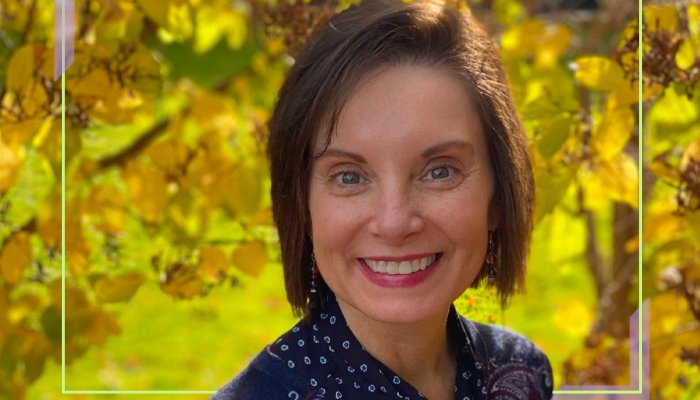
It has been six years since I started treatment, and three years since I walked away from the scans and appointments. My original prognosis was five years, ten with the trial; I am on six years. As far as I know, my cancer is currently dormant, a word many with an incurable disease prefer over “remission,” as remission is often heard as “cure.” I currently don’t have any outward signs of the disease. But there’s the rub: I will never be without my lymphoma, and I will never be myself again.
My hair, eyebrows, and lashes have grown back, my skin no longer peels, and the boils on my face and head are gone. But what people don’t see is what haunts me daily.
I am fraught with exhaustion, fatigue so great that I nap almost daily. This is not the tiredness you get from staying up past bedtime. This is the slack-jaw, I need to sleep now type of feeling that surpasses everything else–work, play, family, and entertainment. Because of my fatigue, I have difficulty maintaining a normal work life. I need a sofa in my office to rest on, or access to the mother’s nursing room down the hall to lay down, or lately, the ability to work from home to sleep during my lunch hour. My social life doesn’t exist past 7 p.m.
I have chronic joint pain from the effects of the trial drug. There are times when I need walking aids to assist me due to pain and inflammation. I’ve also experienced issues with balance, which I’ve since gone to rehab to work on.
The chemo brain, a fog that has lived with me for years now, is a constant companion that swirls through my thoughts like smoke, clouding my short-term memories and scrambling my words. This makes the simplest of tasks often overwhelming: Grocery shopping, interacting with people, or retelling stories.
And then there is the trio of anxiety, PTSD, and survivor’s guilt that are attached to me like a shadow. Anxiety is the largest of the three. After all, the body that still houses me has betrayed me once. It will surely do it again. The realization that I suffer from PTSD did not manifest until I reached my terminable date–five years, and I learned that nearly every other person on the trial with me had either passed or relapsed. Why haven’t I? When will I? Cue the anxiety. Now, I hyper-panic over everything, sure that each hangnail, bruise, or hiccup is the beast’s return.
The survivor’s guilt is perhaps the most complex and confusing. Most people don’t understand why I would experience guilt for still being alive and thriving. But, you see, MCL is so harsh it is one of only a few cancers on the list of compassion disabilities that allows for disability benefits. However, I still work a full-time job and never required disability, whereas so many other people in my position did. I have not relapsed, whereas nearly all have. I am still highly functioning, whereas so many have died. By all accounts, I am doing miraculously. But inside, I am a disaster.
